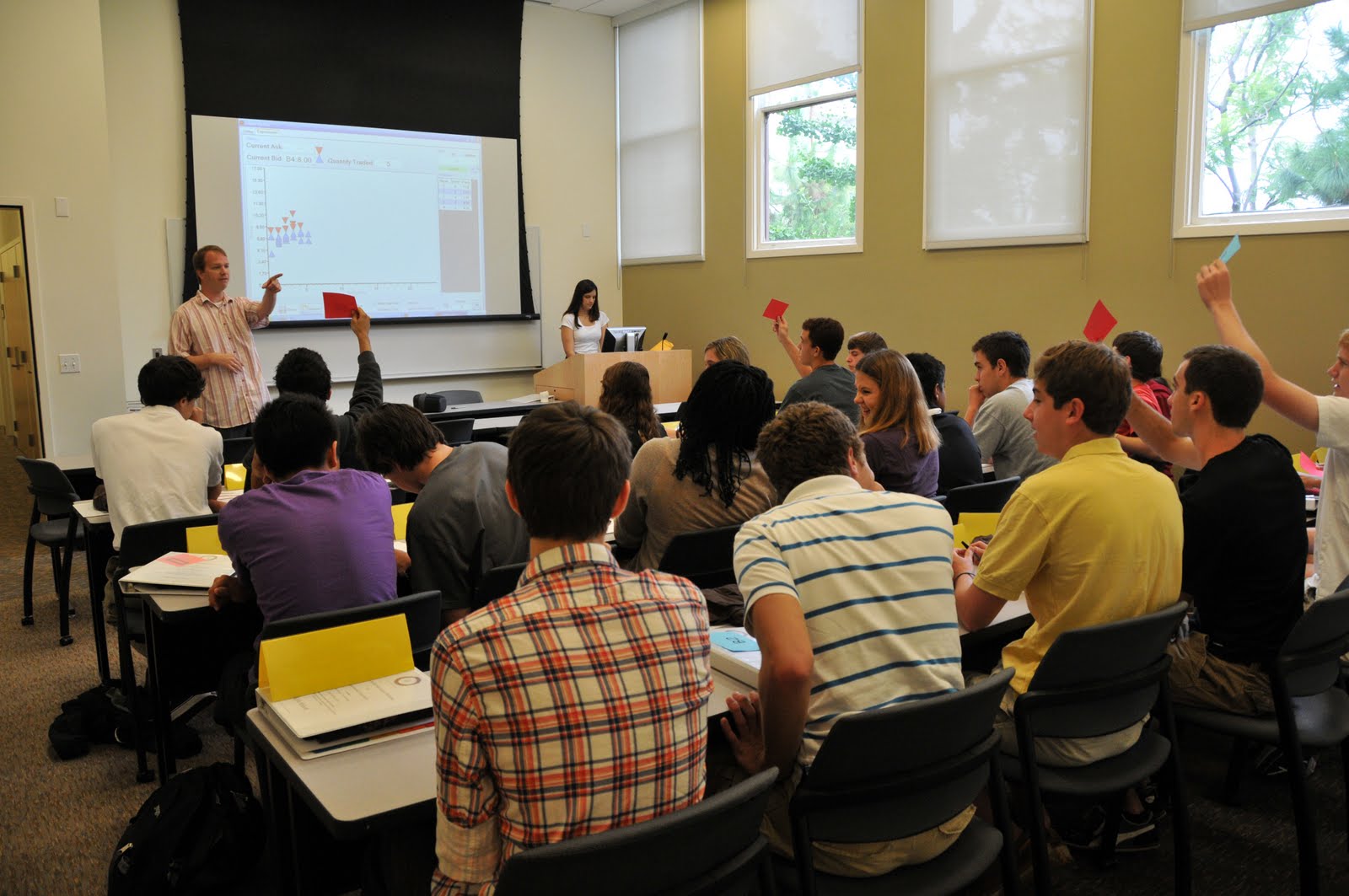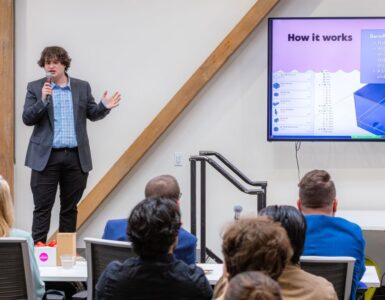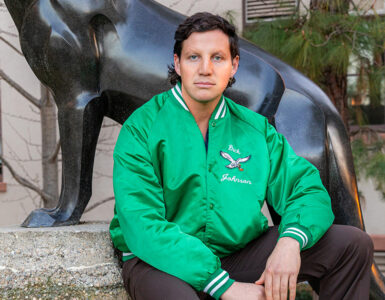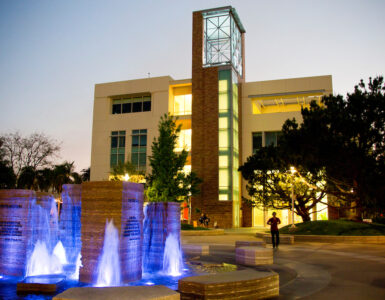Chapman University professor and the 2002 Nobel laureate in economics, Vernon L. Smith, Ph.D., will be present for the first week of a workshop for high school students, gathering from from all over the nation, at Chapman from June 25-29. His namesake Vernon L. Smith High School Workshop in Experimental Economics will then continue for a second session, July 2-3 and 5-6, with another group of students. Visiting instructor Kyle Hampton, Ph.D., assistant professor of economics and director of the Center for Economic Education at the University of Alaska, Anchorage, will teach both sessions.
Presented by Chapman University’s Economic Science Institute – of which Dr. Smith is a founding member – and the International Foundation for Research in Experimental Economics (IFREE), the workshop is both a rigorous academic experience and an opportunity for high school students to meet other students with the same interest in economic experiments and behavioral economics.
Participants in the workshop are high school rising juniors and seniors, chosen by a competitive selective process. IFREE generously provides funds to pay for their flights, program and materials costs, housing in university residence halls and three meals a day, so the selected students attend free of charge. There are two sessions at Chapman University: June 25-29 and July 2-3 and 5-6 (due to his busy schedule, Dr. Smith will only be present during the first session).
For high school students who might not have the opportunity to study economics in their schools, the objective of the workshop is to expose them to and get them interested in the foundations of economic analysis using experimental economics. For the few students who may already have studied some economics, the goal is to cultivate their interest in economics and introduce them to economics as an observational science with new topics, problems and experiments. The workshops do not assume any previous study of economics.
Topics to be covered in the program include market equilibrium and efficiency, information aggregation in markets and speculative bubbles, specialization and exchange, international trade, strategic decision-making, social dilemmas, trust and reciprocity, altruism and fairness, public goods and government, Coasian bargaining, commons problems, innovation and market design. Students learn how to apply the scientific method to economic behavior and work with their peers in building solutions to specific economic problems. In addition, students actually have the opportunity to make money – real money is given to them, and they use it in their experiment decisions. At the end, they are able to keep the money they made in the experiments.





Photos from Week 1
HighSchoolWorkshopWeek1-2012
Photos from Week 2
HighSchoolWorkshopWeek2-2012